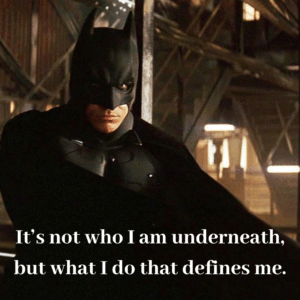I have a little side project I have been working on with friends. We are investigating a series of criminal cases were information presented at the time of trial may have been incorrect. These potential discrepancies revolve around the “art” of forensic science, which can be incredibly reliable in some respects, and not so reliable in others.
As we have been looking into these cases, we are shocked at some of the facts that have come to light. I’ve always seen myself as an objective truth seeker – regardless of where the truth leads. In a re-examination of this information, we now have facts that tell a different story. And that story matters.
But let’s go back to history for a moment. In 1770, lawyer John Adams, who became the second president of the United States, was asked to aid the legal defense for the British soldiers who participated in the Boston Massacre. His fellow colonists were obviously upset about this. But his defending argument included the quote, “facts are stubborn things.” Recorded in a 1788 history book [JABM] it reads:
“I will enlarge no more on the evidence, but submit it to you, gentlemen—Facts are stubborn things; and whatever may be our wishes, our inclinations, or the dictates of our passions, they cannot alter the state of facts and evidence: nor is the law less stable than the fact. If an assault was made to endanger their lives, the law is clear, they had right kill in their own defence.”
Adams was arguing that the law is the law and the facts of what happened was in line with the law. But he noted that no matter what we wish to be true or what we feel happened, it cannot alter the state of facts and evidence.
We see this issue come up often when someone is arrested for a crime. Before Chris Watts was arrested and before we even knew what was going on in his marriage, as a society we believed he was guilty, without any facts or supporting evidence. Same thing with Scott Peterson.
As a society we make these assumptions based on what we feel must be true. It is what makes sense to us. And most of the time, a victim is killed by someone close to them. Perhaps we are right in our assumptions. And maybe someone even knows it firsthand. But when it comes to law, it isn’t what you know, it is what you can prove – at least it is supposed to be. And facts are supposed to matter.




